
How can brands use music to overcome generational tensions?
Joanna Barnett, Strategy Director at Truant, on the power of music to bring people closer together and broaden a brand’s appeal.
How brands can champion belonging

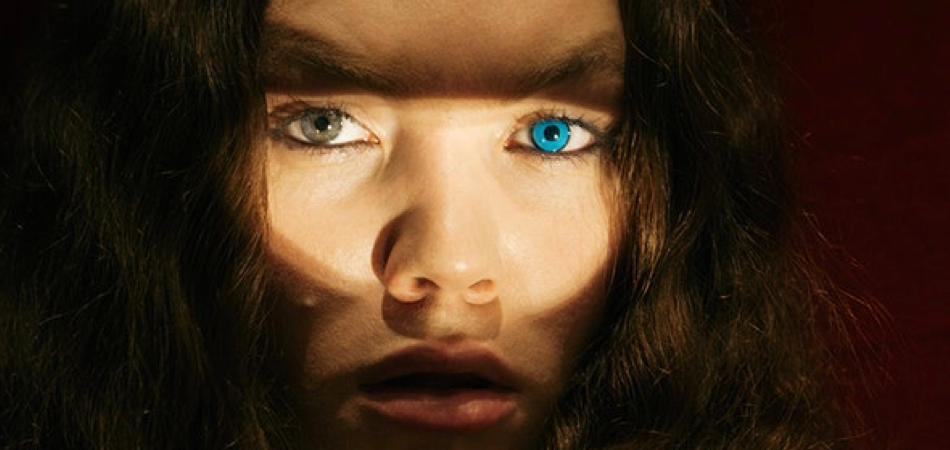
Walk through some of the country’s major cities this month and if you’re lucky, you could be greeted by Daphne Davis, the 96-year-old who has lived in the same house in Edgware since 1954, Corrine Jones, a survivor of the Grenfell tragedy or Roland Bray, a 24-year-old English drag queen from Cornwall. These three faces are part of Portrait of Britain, the UK’s biggest photography exhibition.
In partnership with JCDecaux and Nikon, The British Journal of Photography is showcasing 100 portraits on a network of digital screens around the country. Envisioned as an exhibition for the people, by the people, Portrait of Britain is a testament to both the diversity of the UK and its contemporary photographic talent.
Exhibitions of this kind are hugely valuable as what we see around us, particularly in the media, has a direct reflection on our perceptions of society, helping to reframe concepts of LGBT, gender, race, disability, and religion. Imagery influences our sense of self and our feeling of belonging, a natural human preset. Brené Brown, research professor at the University of Houston and best-selling author writes,
“The special courage it takes to experience true belonging is not just about braving the wilderness, it’s about becoming the wilderness. It’s about breaking down the walls, abandoning our ideological bunkers and living from our wild heart rather than our weary hurt. We’re going to need to intentionally be with people who are different from us. We’re going to have to sign up, join and take a seat at the table. We’re going to have to learn how to listen, have hard conversations, look for joy, share pain and be more curious than defensive, all while seeking moments of togetherness.”
It’s the idea that we can all be different, yet still feel at home in the same world. But this doesn’t work if what we see in the media, on TV, in films and through advertising doesn’t hold a mirror up to the diverse society we live in. It leads people to attempt to conform to an ideal that doesn’t really exist.
All of us who have a role in creating, distributing, and telling stories in the advertising and editorial industries, have the ability, and responsibility, to better represent the diverse audiences we are speaking to. And not just on the screen, but out in the real-world too. From the products we make to the environments we spend time in, as our world becomes more beautifully diverse, it’s important to ensure that each and every person feels like they belong.
Being part of a team can be a rewarding experience. Whether you're revelling in success or consoling each other after a defeat, there’s no greater feeling of belonging than knowing you're in it together.
Research showed that football makes girls stronger and more confident. Yet, due to the stigma attached to girls’ football, many would stop playing between the ages of 13 to 17, the point at which they need that confidence the most.
UEFA, with support from its 55 National Associations, is aiming to make football the number one played sport for women across Europe within five years. #WePlayStrong introduces a new visual language for women's football, showing girls across Europe, from all walks of life, enjoying the sport and the competitive camaraderie that goes with it.
The football body wanted to reach out to girls on the channels where they’re active, utilising the ways that they behave and giving them the tools to express their identity, truly making the campaign belong to them. From GIFs to content films and iMessenger sticker packs, the campaign is optimised for the platforms the girls spend their time on and provides a range of creative touchpoints for them to enjoy.
Agency: Together #WePlayStrong, FCB Inferno
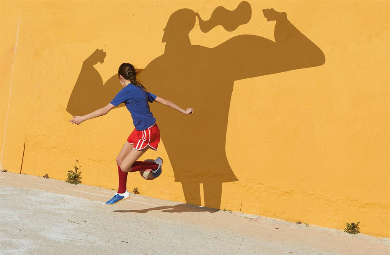

For their latest clothing campaign, Sainsbury’s wanted to reflect the style of their customers through more than the clothes. Instead of hiring professional models, the supermarket chose to street cast people to appear in the ad. The new clothing range is designed to bring out a person’s individuality and, by using non-professional models, Sainsbury’s was able reflect a more diverse and authentic creative style.
Agency: Tu Be You - TVC, Portas
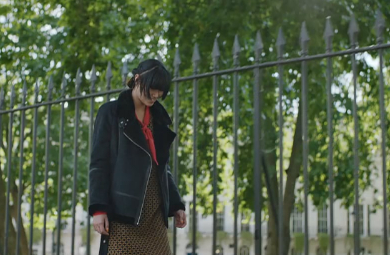
The infamous London borough, Camden Town, has a reputation for it’s culturally diverse residents and bold style. It has also given birth to countless musicians, artists, poets, playwrights and also, the Camden Town Brewery. A two-minute film for the craft beer brand shows local actor Ashley Zhangazha delivering an ode to his home on stage at The Roundhouse, interspersed with depictions of the borough’s history. Ashley describes Camden as "Inspiration, conflict and scoundrels mixed with scholars. A place for poets, artists, one called Sickert another called Piss-A-Rro…” The film is accompanied by four 30-second TV spots starring Londoners who personify the brand's personality.
Agency: The Garage Soho, London
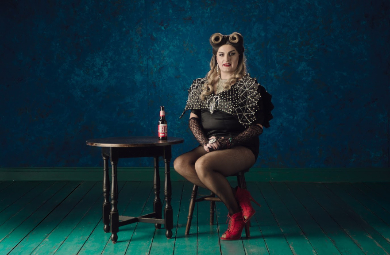
Fashion brands are not known for highlighting the imperfections we humans inevitably have. In a world of airbrushing, it’s rare to see a hair out of place. For their latest campaign, Go with the Flaw, Diesel have made a film starring diverse characters who wear their imperfections with pride. The attitude of the film, shot by Francois Rousselet, the director behind music videos for The Rolling Stones, Madonna and Snoop Dogg, mirrors the approach taken by the fashion house to its clothing design. Set to the soundtrack of Edith Piaf’s Non, Je Ne Regrette Rien, the film depicts a world where imperfections only enhance individuality and, ultimately, make us who we truly are.
Agency: Publicis, Italy
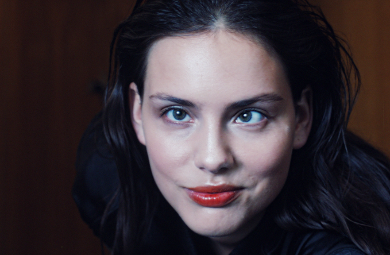
Looks like you need to create a Creativebrief account to perform this action.
Create account Sign inLooks like you need to create a Creativebrief account to perform this action.
Create account Sign in